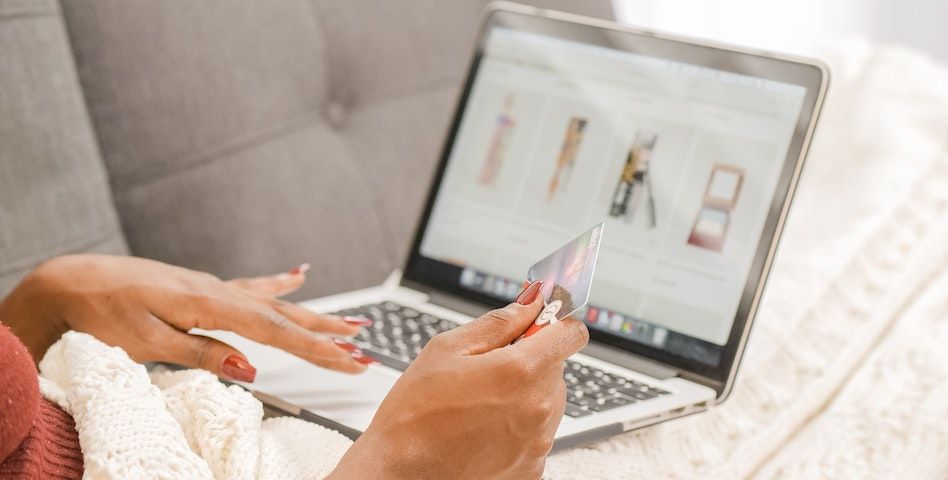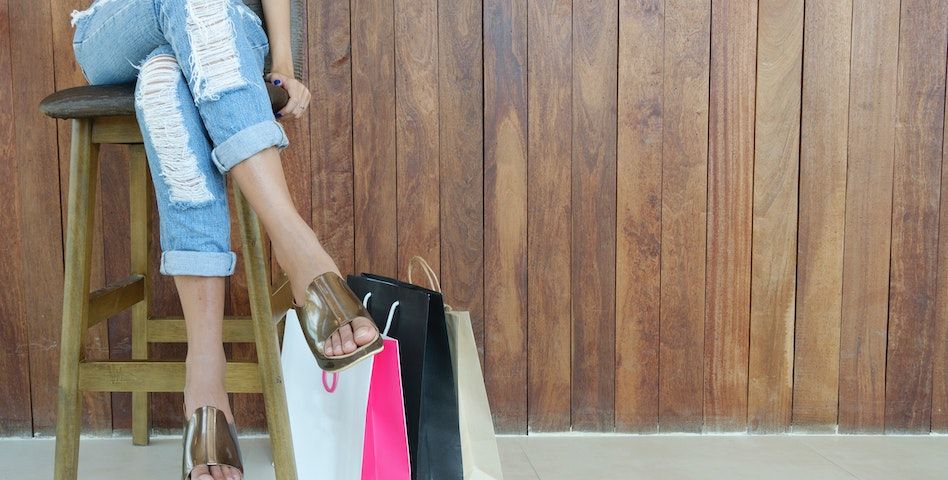Reclaiming Your Space: Dealing with Unnecessary Purchases
In the era of convenience and online shopping, it's easy to fall into the trap of buying things we don't actually need. Over time, these unnecessary purchases can clutter our living spaces and create a sense of chaos. If you find yourself wondering what to do with items you've bought but no longer use, fear not. In this blog, we'll explore practical strategies to reclaim your space and declutter your life, without resorting to unnecessary waste.
Assess and Reflect: What Went Wrong?
Before diving into decluttering, take a moment to reflect on your shopping habits. Understanding why you made those unnecessary purchases can help prevent future impulse buying. Was it a sale that tempted you, peer pressure, or simply a momentary desire? Identifying the root causes can be enlightening and lead to more mindful shopping in the future.

Sort and Organize: Categorize Your Purchases
The first step in decluttering is to categorize the items you no longer use. Divide them into groups based on their condition and utility:
- Unused and Unopened: These are items that are brand new and still in their packaging. They may have been purchased on impulse or as part of a deal.
- Lightly Used: These items have been used once or a few times but are still in good condition.
- Well-Used: These items have seen substantial use and may show signs of wear.
- Clothing: Separate clothing items that you no longer wear or need.
- Electronics and Gadgets: Group electronics, gadgets, and accessories that have become obsolete or redundant.
- Home Decor: Categorize decorative items or furnishings that no longer fit your aesthetic or needs.
Consider Resale or Donation: Give Items a Second Chance
One person's clutter may be another's treasure. Evaluate the condition of your unused items and consider the following options:
- Resale: If your items are in good condition, you can try selling them online through platforms like eBay, Facebook Marketplace, or a local consignment store. This not only recovers some of your expenses but also ensures that the items find a new home where they'll be appreciated.
- Donation: Items that are gently used but not worth selling can be donated to local charities, shelters, or thrift stores. Your unwanted items can provide valuable assistance to those in need.
- Electronic Recycling: Obsolete electronics and gadgets should be recycled responsibly. Many electronics retailers offer recycling programs, or you can find local e-waste recycling centers.

Repurpose and Upcycle: Get Creative
Some items may not have much resale value but can be repurposed or upcycled into something useful or decorative. Get creative and think of ways to breathe new life into your unnecessary purchases:
- Craft Projects: Unwanted fabrics or clothing can be turned into quilts, pillow covers, or other DIY crafts.
- Furniture Makeovers: If you have furniture that no longer suits your space, consider giving it a fresh coat of paint or repurposing it for a different room.
- Jewelry and Accessories: Old jewelry pieces can be disassembled and used to create unique accessories.
- Home Decor: Decorative items that no longer fit your style can be painted, repainted, or adapted into new decor pieces.
Learn from Your Mistakes: Practice Mindful Shopping
As you declutter and repurpose, remember to learn from your past shopping mistakes. Here are some strategies to help you become a more mindful shopper:
- Make a Shopping List: Before heading out or logging online, create a list of what you truly need. Stick to it to avoid impulsive purchases.
- Set a Budget: Determine how much you're willing to spend before shopping and stick to your budget.
- Wait Before Buying: If you spot something you want, wait a day or two before purchasing. This gives you time to consider whether it's a genuine need or just a want.
- Quality Over Quantity: Invest in high-quality items that will last longer, even if they cost a bit more upfront. This reduces the need for frequent replacements.
- Declutter Regularly: Make decluttering a regular practice, so you're more aware of your consumption habits.

Conclusion
Dealing with unnecessary purchases is not just about decluttering physical items; it's also about decluttering your life from excess and practicing mindfulness in your choices. By assessing, sorting, and responsibly disposing of your unwanted items, you can clear your physical space and make room for what truly matters. Moreover, learning from your past shopping mistakes and adopting mindful shopping habits can help you avoid accumulating unnecessary clutter in the future.